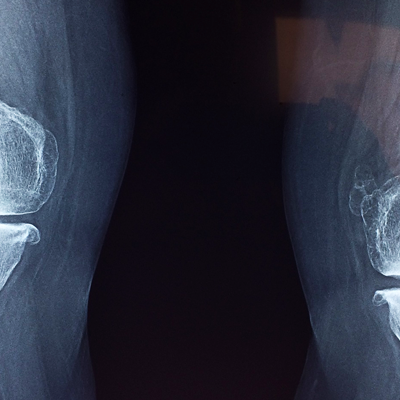
New potential therapeutic target receptor identified
A team of scientists from King’s College London and Imperial College London have identified a receptor called FFAR2 that may be used in the fight against obesity, publishing their study in Nature Reviews Endocrinology. They tested a high fat diet, containing fermentable carbohydrate, against a control diet on mice. The results showed that the mice on the fermentable carbohydrate diet were protected against obesity. However, this protection was lost in FFAR2 knockout mice; those with the FFAR2 receptor showed an increase of 130% in satiety, this was associated with increased levels of hormone peptide YY and PYY, which furthers the feeling of fullness.
It is already known that supplementation of a diet with non-digestable carbohydrates can reduce appetite, however this is one of the first studies to identify a specific receptor in relation to its role in reducing food intake and protecting against obesity in this way. The study authors are hoping to further explore this area, with the hope of creating either a dietary or pharmaceutical means to change the cellular make up and involved FFAR2 in a therapeutic way. Further to this, work can now begin on developing a food system, with this knowledge, that is attractive to the general population.




